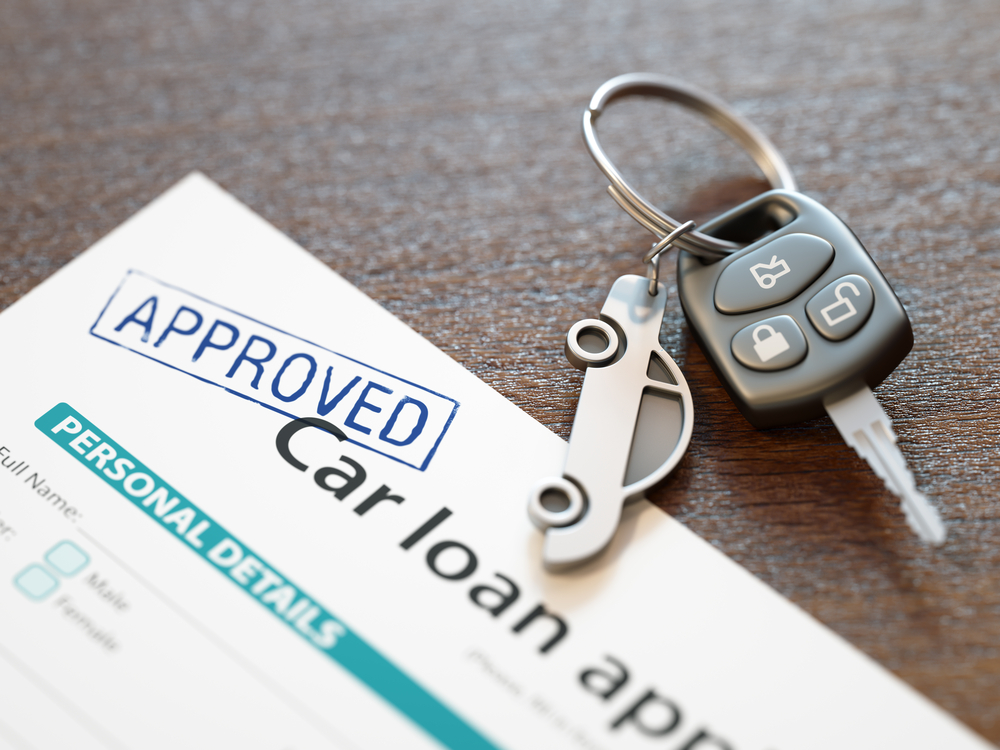

Navigating Auto Financing in Canada: A Comprehensive Guide

If you’re planning to buy a car in Canada, it’s important to know how car financing works so that you can make the right decisions and avoid overspending. Car financing can be a bit confusing, especially if you’re a first-time buyer or don’t have much experience in the automotive industry. But don’t worry, we’re here to help! In this guide, we’ll explain the basics of car financing in Canada clearly and simply, so that you can make informed choices that suit your needs and budget.
Understanding Auto Financing
Auto financing is a way to buy a car without paying the full amount upfront. Instead, you can borrow money to pay for the car and then pay it back over time with interest and other fees included in your monthly payments. This makes it easier for people to afford a car without having to save up a large sum of money all at once.
The Process:
- Preparation: If you’re planning to buy a car and need a loan, it’s important to take a step back and look at your overall financial situation. Before you start shopping for a car or applying for a loan, you should figure out how much you can afford to spend and check your credit score to see if you’re eligible for a loan. This will make the car-buying process easier and help you avoid any unpleasant surprises down the road.
- Research: If you’re planning to buy a car, you’ll need to find a way to pay for it. There are a few different options you can consider, including getting a loan from a bank, credit union, online lender, or the dealership itself. It’s important to compare things like interest rates, how long you’ll have to pay back the loan, and any special deals that might be available, so you can find the best option for you.
- Loan Application: After you’ve selected a lender to borrow money from, you’ll have to fill out an application to get the loan. This usually means giving some of your personal information, like your name and address, as well as details about your job and how much you earn. The lender will also need your permission to check your credit score.
- Approval Process: When you apply for a loan, the lender will look at your application and financial records to determine if you can get approved for the loan. They will consider various factors like your credit score, income, and job stability to make a decision. Factors like how much debt you have compared to your income can also affect your decision.
- Loan Terms: If your loan is approved, you will receive a document that will show how much you borrowed, the interest rate when you need to pay back the loan, and any other fees or rules you need to follow. It’s essential to read through this document carefully to make sure you understand the information and that it fits your budget and needs.
- Vehicle Selection: Consider factors such as make, model, mileage, condition, and price to find the right match for your needs and budget.
- Closing the Deal: After you’ve picked out the car you want to buy, the bank or finance company will finish setting up the loan and you’ll sign some papers. These papers might include a contract that officially sells you the car, some forms about the loan, and information that explains everything you need to know.
- Repayment: Once you have the car, you will need to make monthly payments as per the loan agreement. It’s crucial to stick to the payment schedule to avoid extra fees and penalties, which could harm your credit score.
Key Considerations:
- Interest Rates: Interest rates can vary based on factors such as creditworthiness, loan terms, and economic conditions. A lower interest rate can result in significant savings over the life of the loan.
- Loan Term: The loan term, or repayment period, affects the monthly payment amount and total interest paid. While longer loan terms offer lower monthly payments, they can result in higher overall costs due to interest accrual.
- Down Payment: Making a larger down payment upfront can reduce the amount financed, lower monthly payments, and potentially qualify you for better loan terms. Aim for a down payment of at least 20% of the vehicle’s purchase price if possible.
- Credit Score: Your credit score plays a significant role in determining your eligibility for auto financing and the interest rate you’ll receive. Maintaining a good credit score through responsible financial habits can improve your chances of securing favourable loan terms.
- Additional Costs: In addition to the loan amount and interest, consider other expenses such as taxes, registration fees, insurance premiums, and ongoing maintenance when budgeting for auto ownership.
Conclusion:
Auto financing in Canada is a great way to buy a car without putting too much burden on your finances. It’s important to know how it works, compare different options, and consider important things like interest rates, how long you’ll be paying, and how much you can pay upfront. By doing these things, you can make smart choices that fit your needs and budget. Whether you’re looking to buy a brand new car, a used one, or lease one, understanding auto financing can help you have a good experience while purchasing your dream car.
Related posts


How I Financed the Car of My Dreams From Facebook Marketplace

Cheapest Cars in Canada (2025): Your Ultimate Budget Guide







